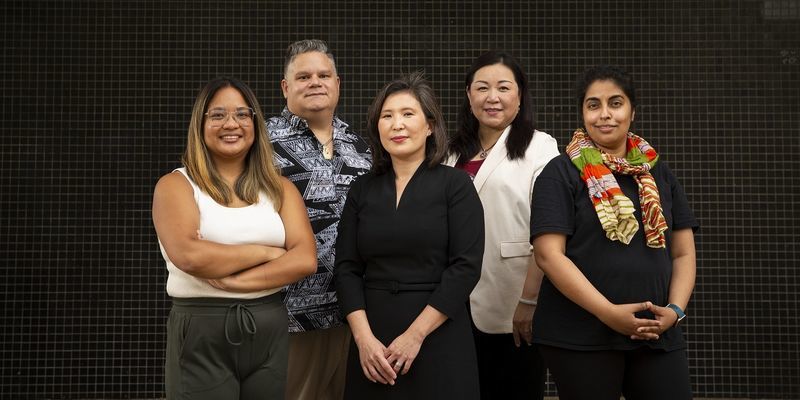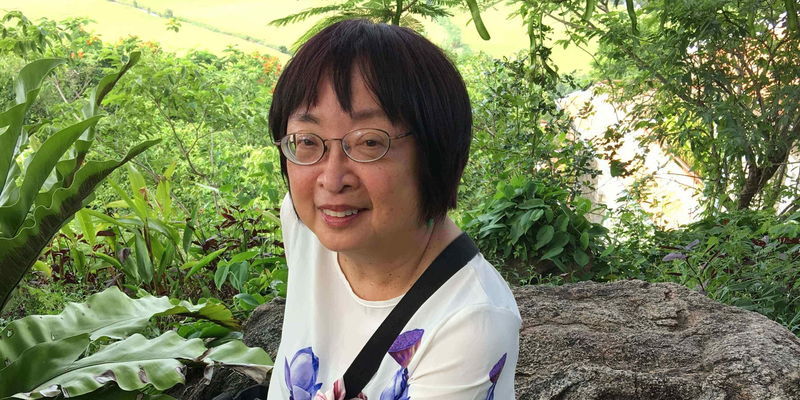New General Education course to focus on AAPI identity and experiences
This new course highlighting AAPI studies will launch in spring 2023.

When the College of Liberal Arts called for new General Education (GenEd) course proposals, Sean Yom and Lee-Ann Chae thought it was the perfect opportunity to introduce a new class of its kind at Temple—one focusing on Asian American and Pacific Islander (AAPI) communities.
“We realized there wasn’t a course on Main Campus that looks at the identity, history, politics, status and experiences of AAPI peoples in the United States separate from other racialized contexts,” said Yom, associate professor of political science. “We thought there was a delicious opportunity to unpack this topic and teach a new generation of students that this is the Philadelphia and America we live in.”
In spring 2023, Yom and Chae, who is an assistant professor of philosophy, will begin teaching sections of this new course called Asians, Asian Americans and Pacific Islanders in the United States: Race, Diversity and Identity—Yom’s section in political science and Chae’s section in philosophy.
The first nine weeks of the course will focus on a fixed set of topics, such as AAPI identity and diversity, the history of AAPI immigration, law and culture related to AAPI, forms of anti-AAPI violence and conflict, and social and political activism among AAPI communities.
The remaining five weeks of the course will then be tailored to the instructor’s expertise. In Yom’s political science section, he plans to examine such concepts as which political parties AAPIs are most likely to join, public policy issues in which these communities lobby, and the AAPI communities’ place and future in U.S. politics.
“We represent a community of people that have played an integral role in the United States, but repeatedly those experiences are understated, marginalized, miscast, relabeled, forgotten or misattributed in ways that accentuate the problem of foreignness and xenophobia befalling AAPI peoples,” said Yom.
The class is designed to connect with both those who live and understand the shared experiences of AAPI culture and those outside of AAPI communities.
“We hope to give students a critical awareness of what being an AAPI in the United States is fundamentally about and recover the hidden experiences of this group,” said Yom.
Yom hopes that eventually additional professors will teach a section of this class in their area of expertise, including in other schools outside of the College of Liberal Arts.
“Given the enormous number of AAPI students at Temple, it makes sense to begin offering courses that connect the personal to the academic to help make the experiences many people share more legible by studying them, writing about them and formalizing them as topics of specialization,” said Yom.
In the future, there are aspirations of integrating hands-on experience in Philadelphia by engaging with AAPI figures in the city as part of this GenEd class.
“Philadelphia is changing,” said Yom. “It’s becoming less of a Black and white city and more of a multicolored one. If AAPI growth rates continue, we are going to reach a critical mass whereby the absence of academic or political representation will become indefensible.”
“Temple’s ties to an Asianizing Philadelphia are strong, and we always pride ourselves in our demographic and racial diversity,” he added. “It’s time to align our curriculum with that local diversity, which is not the same diversity that we had 10 years ago or even 20 years ago—just like how notions of diversity across America itself are changing rapidly.”


